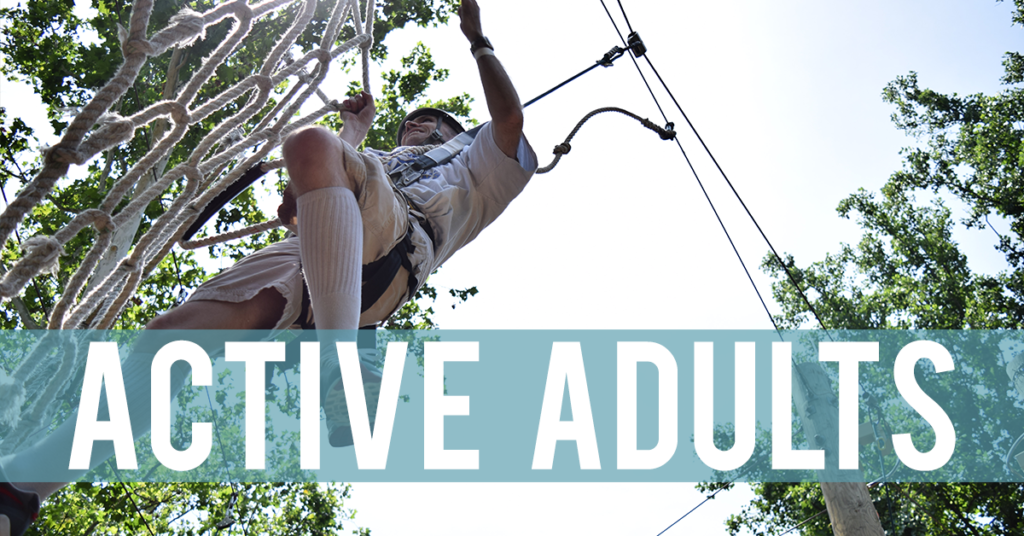What’s the secret to happiness? According to a study from Harvard University, the answer could be exercise.
“Exercise is something that psychologists have been very slow to attend to,” agrees Michael Otto, PhD, a professor of psychology at Boston University. “People know that exercise helps physical outcomes. There is much less awareness of mental health outcomes — and much, much less ability to translate this awareness into exercise action.”
The 11-year Harvard study found that adults who exercise regularly are more likely to have a happier and more optimistic disposition.
“Psychological well-being was independently associated with attaining and maintaining higher physical activity levels over 11 years,” write study authors Eric S. Kim, Laura D. Kubzansky, Jackie Soo, and Julia K. Boehm.
A similar Penn State study in 2017 reported that people who displayed higher positive psychological states were more likely to be physically active. Researchers assessed the psychological well-being of 1,000 participants at baseline and again five years later.
“We found that positive emotions are associated with a range of long-term health habits,” writes lead author Nancy L Sin, “which are important for reducing the risk of future heart problems and death. Higher levels of positive emotions were associated with less smoking, greater physical activity, better sleep quality and more adherence to medications at baseline.”
How Often Should You Exercise?
According to the 2008 Physical Activity Guidelines for Americans, adults need 150 minutes of moderate exercise each week. And this can be broken down into as short as 10-minute intervals, “as long as you’re doing physical activity at a moderate or vigorous effort,” says the Centers for Disease Control and Prevention. Moderate aerobic exercise includes activities such as brisk walking, swimming and mowing the lawn. Vigorous aerobic exercise includes activities such as running and aerobic dancing.
As a general rule, aim for about 30 minutes of exercise per day. But even if you can’t find time every day, do what you can when you can.
“The best advice is to keep in mind that any amount of activity is better than none and it’s important to select exercise that is consistent with your goals,” says Brian Parr, associate professor of exercise and sports science at the University of South Carolina-Aiken. “And, if you can’t make time to exercise during the week, you can get at least some of the benefits by being a weekend warrior.”
Think Outside the Gym
“The problem is, for many of us, exercise can be boring and repetitive. But it doesn’t have to be,” writes Elizabeth Harmon, Huffington Post.
So, if you don’t like the gym – lifting weights or running on a treadmill – try something different. “Sports such as hiking, canoeing, swimming, racket and ball sports and numerous other physical activities give you more choices for enjoyable exercise, which is likely to keep you motivated,” says Tina Pashley of LIVESTRONG.
Conveniently located in Howard County, Maryland, between Baltimore and Washington DC, Terrapin Adventures not only features the ultimate challenge course with three levels taking you up to 40 ft. in the air, but we also offer several guided tours and outdoor activities, such as biking, backpacking, kayaking, and geocaching, just to name a few. Activities levels range from easy to moderate, so there is something for everyone!
“I tell people to think ‘outside the barbell,’” says Dr. Marc Tinsley. “Fitness isn’t about sweat, six-packs, and sex appeal; it’s about having enough energy to do your activities of daily living safely and effectively.”
Find Your Next Adventure!
If you have any questions, please call Terrapin Adventure at 301.725.1313, or email us at info@terrapinadventures.com to learn more.
Works Cited
- “How much physical activity do adults need?” Centers for Disease Control and Prevention, Centers for Disease Control and Prevention, 4 June 2015, www.cdc.gov/physicalactivity/basics/adults/index.htm. Accessed 15 Sept. 2017.
- “Maybe that workout can wait till the weekend?” CNN. Cable News Network, n.d. Web. 10 Mar. 2017.
- CBS/AP. “Do “weekend warriors” reap the full benefits of exercise?” CBS News. CBS Interactive, 09 Jan. 2017. Web. 10 Mar. 2017.
- Pashley, Tina. “Physical, Social, Emotional & Intellectual Benefits of Outdoor Recreation.” LIVESTRONG.COM. Leaf Group, 26 May 2015. Web. 12 May 2017.
- Eric S. Kim, Laura D. Kubzansky, Jackie Soo, Julia K. Boehm. Maintaining Healthy Behavior: a Prospective Study of Psychological Well-Being and Physical Activity. Annals of Behavioral Medicine, 2016; DOI: 10.1007/s12160-016-9856-y
- Nancy L. Sin, Judith Tedlie Moskowitz, Mary A. Whooley. Positive Affect and Health Behaviors Across 5 Years in Patients With Coronary Heart Disease. Psychosomatic Medicine, 2015; 1 DOI: 10.1097/PSY.0000000000000238

